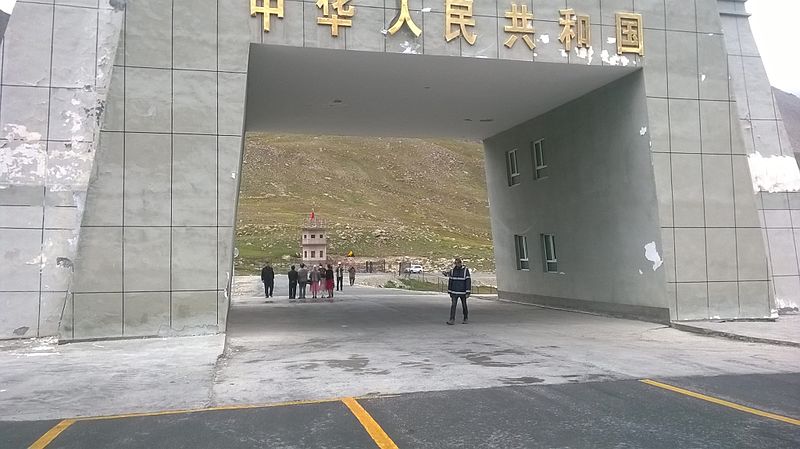
May 6, 2015, by Tony Hong
Struggling to keep up on China’s New Silk Road
By David O’Brien,
Assistant Professor, School of Contemporary Chinese Studies,
The University of Nottingham Ningbo.
The announcement of US$1.65bn dollar injection of capital into a hydropower project in Pakistan during Xi Jinping’s recent visit there marks the first step on China’s much hyped New Silk Road.
In November President Xi announced that China intends to invest US$46bn on a new network of roads, railways, pipelines and shipping lanes connecting China to South Asia, Southeast Asia, Central Asia, Africa and Europe in a bid to recreate the ancient trade route.
The initiative aims to build a 3,000-km-long route from China’s Xinjiang Uygur autonomous region through the Karakoram mountain range and Pakistan’s Balochistan, to the Gwadar Port, connecting China, Pakistan, the Arab world on into Europe.
The idea of a New Silk Road is now being heavily promoted in China where it is seen as Xi’s signature economic policy and is perhaps further evidence of China’s desire to lessen its reliance on and interdependence with the US.
The project has garnered much international attention.
Writing in the Huffington Post German politician Philipp Mißfelder says ”the New Silk Road Initiative will be “one of the largest development projects in history and offers new perspectives to countries such as Uzbekistan and Tajikistan threatened by terrorism”.
But it also perhaps signifies a new direction and approach in Chinese economic policy – as well as the way the country views its role in the world.
In the Financial Times this week economist George Magnus writes that China has “tired of accumulating endless volumes of US Treasury and other government bonds, and now prefers more direct investment overseas. Beijing has also long expressed opposition to the dominance of the US and the dollar in the global financial institutions, most notably the International Monetary Fund and World Bank”.
Yet we also learned this week that China’s economic slowdown is having a significantly negative impact further south.
Tony’s Abbott’s government in Australia will deliver its budget on May 12th with some analysts describing the situation there as “a horror story”.
Leading advisory firm Deloitte Access Economics is projected an underlying cash deficit of A$45.9bn ($35.9bn) for the year 2014-15.
“That is a substantial A$5.5bn worse than projected at budget time (last year) and shows little improvement from the recorded deficit of A$48.5bn in 2013-14,” said Deloitte partner Chris Richardson.
“And if you think that’s bad, then 2015-16 looks like it has been written by Stephen King and painted by Edvard Munch,” he said.
Much of Australian government revenue comes from coal and minerals and China is by far their biggest customer.
With projections that China’s economic expansion will be its lowest for 25 years in 2015, Australia looks to be in for a rocky ride.
The opening up of new trade routes and with it the possibility of cheaper imports for China will be a source of much concern in Canbarra.
The fear being that this new Silk Road may leave the Aussies struggling to keep up.
No comments yet, fill out a comment to be the first

Leave a Reply